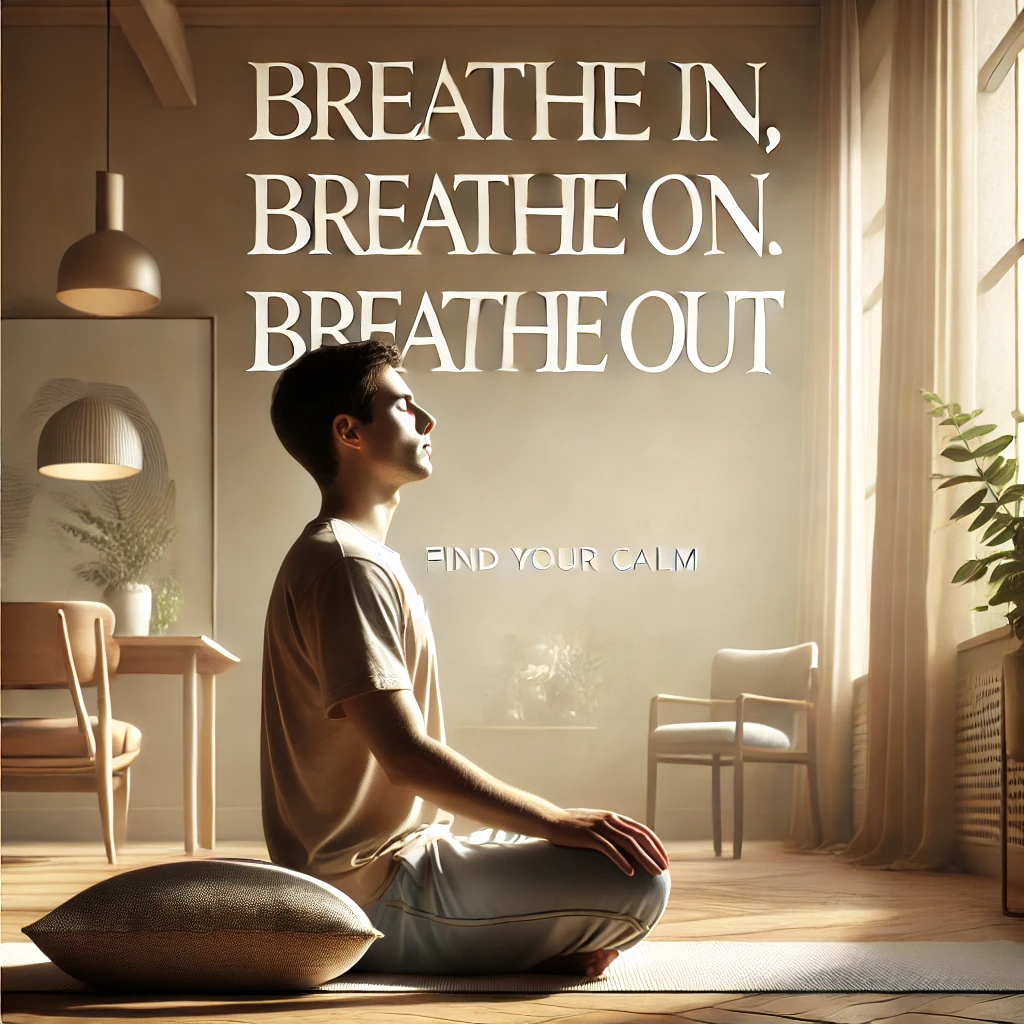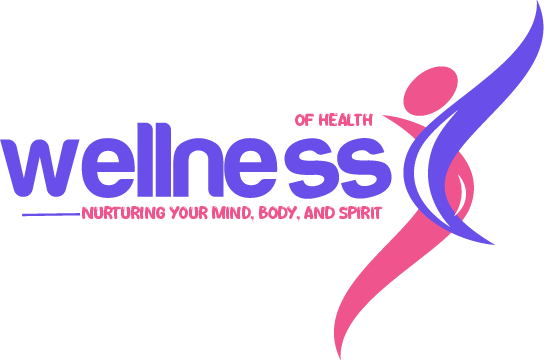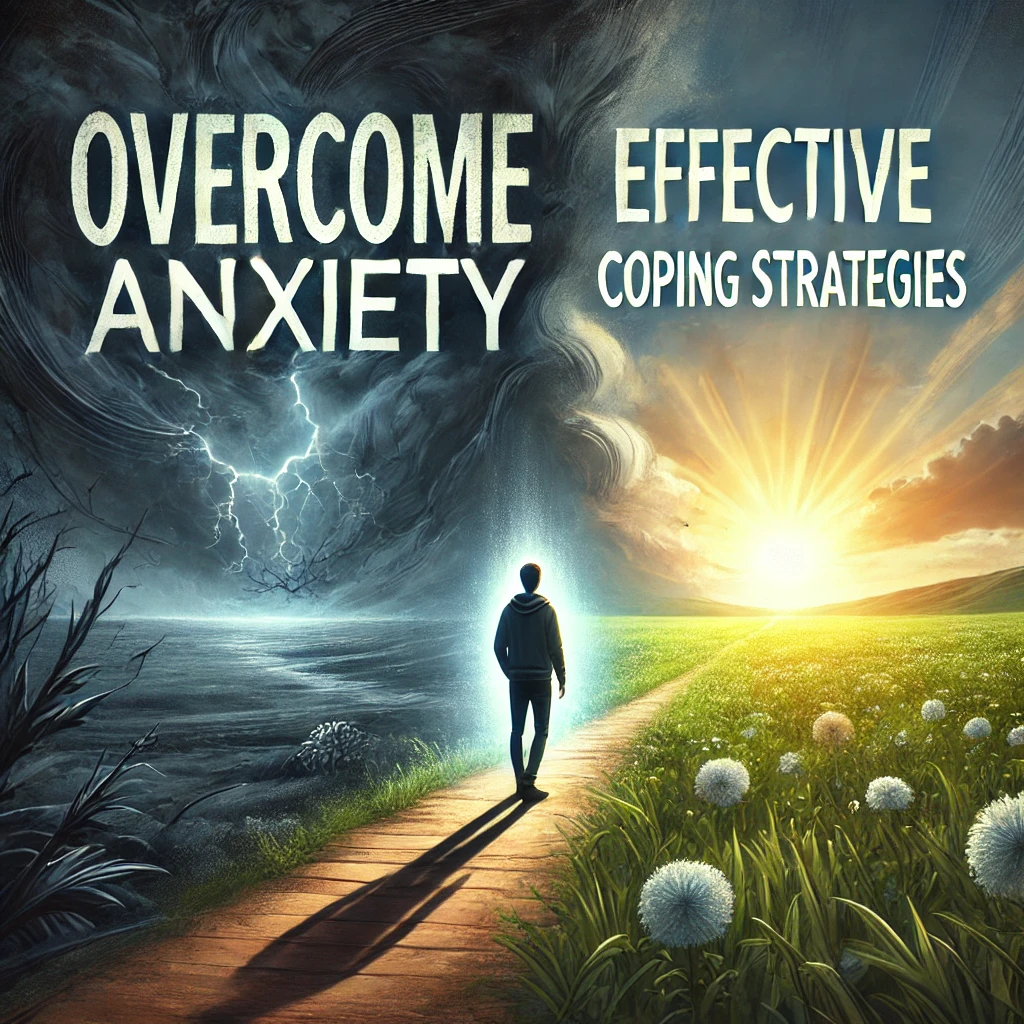Introduction
Coping strategies for anxiety
are essential tools for anyone dealing with anxiety, a common mental health issue that affects millions of people. Anxiety can manifest in various ways, including feelings of fear, worry, and physical symptoms like increased heart rate. This blog provides 10 effective coping strategies for anxiety that can help individuals manage their symptoms and improve their overall well-being.
CARS LOVER CAN VISIT THIS SITE
- Sports Cars Under $10,000
- Sports Cars Under $8,000
- India’s First Sports Car
- Charm of 1970s American Cars
- Dodge Challenger SRT Hellcat
- Top 10 Ideal Cars for First-Time Buyers
- Skoda’s Superb Relaunch
- 10 Best New Sports Cars You Can Buy in 2024
- Japanese Sports Cars
Understanding Anxiety
Anxiety is a natural response to stress or perceived threats, but when it becomes overwhelming or chronic, it can interfere with daily life. Coping strategies for anxiety are designed to help manage these feelings, allowing individuals to function more effectively and reduce the impact of anxiety on their lives.
Common Challenges of Managing Anxiety
- Overwhelming Fear and Worry: Many people with anxiety experience persistent worry about various aspects of life, which can be exhausting.
- Physical Symptoms: Anxiety often comes with physical symptoms like headaches, muscle tension, and fatigue, making it difficult to manage daily tasks.
- Avoidance Behaviors: To cope with anxiety, some people might avoid situations that trigger their symptoms, which can limit their ability to live fully.
10 Effective Coping Strategies for Anxiety Relief
Practice Deep Breathing
Deep breathing is a simple yet powerful technique to help calm the nervous system.
- Focus on Your Breath: Sit or lie down in a comfortable position, close your eyes, and take slow, deep breaths. Inhale through your nose for a count of four, hold for a count of four, and exhale slowly through your mouth for a count of six. This practice helps reduce physical symptoms of anxiety and brings your focus to the present moment.

Engage in Regular Physical Activity
Exercise is one of the most effective coping strategies for anxiety because it releases endorphins, which naturally improve mood.
- Incorporate Exercise into Your Routine: Aim for at least 30 minutes of moderate exercise most days of the week. Activities like walking, running, or yoga can be particularly beneficial.
Practice Mindfulness and Meditation
Mindfulness and meditation help you stay grounded in the present moment, reducing the tendency to ruminate on worries.
- Start with Short Sessions: Begin with just 5-10 minutes of meditation each day. Focus on your breathing or repeat a calming mantra. Gradually increase the time as you become more comfortable with the practice.
Develop a Healthy Sleep Routine
Good sleep is crucial for mental health and managing anxiety.
- Establish a Consistent Sleep Schedule: Go to bed and wake up at the same time every day, even on weekends. Create a relaxing bedtime routine that signals to your body that it’s time to wind down.
Limit Caffeine and Alcohol
Caffeine and alcohol can exacerbate anxiety symptoms, so it’s important to consume them in moderation or avoid them altogether.
MUSIC LOVER CAN VISIT THIS SITE
- Best podcasts on Spotify
- Spotify pie
- Why does my Spotify keep pausing
- How To Connect Spotify To Alexa
- How See Who Likes Your Playlist
- How To Clear Your Queue on Spotify
- How To Connect Spotify to Discord
- Spotify playlist
- Monitor Your Intake: Be mindful of how much caffeine and alcohol you consume. Opt for decaffeinated beverages and limit alcohol, especially in the evenings.
Challenge Negative Thoughts
Cognitive-behavioral strategies are effective coping strategies for anxiety that involve challenging and reframing negative thoughts.
- Identify and Reframe Negative Thoughts: When you notice a negative thought, ask yourself if it’s based on fact or if it’s an assumption. Challenge the thought by considering alternative perspectives and focusing on positive outcomes.
Engage in Relaxation Techniques
Relaxation techniques such as progressive muscle relaxation and guided imagery can help alleviate anxiety.
- Practice Progressive Muscle Relaxation: Start by tensing and then slowly relaxing each muscle group in your body, beginning with your toes and working your way up to your head. This helps release physical tension associated with anxiety.
Connect with Others
Social support is vital for managing anxiety. Talking to friends, family, or support groups can provide comfort and reassurance.
- Reach Out to Your Support Network: Don’t hesitate to share your feelings with trusted individuals. Sometimes just talking about what you’re going through can relieve anxiety.
Limit Exposure to Stressors
While it’s not always possible to eliminate stressors, reducing exposure to them can significantly reduce anxiety.
- Identify and Manage Triggers: Keep a journal to track what triggers your anxiety. Once you know your triggers, you can develop strategies to avoid or cope with them.
Seek Professional Help
If anxiety becomes overwhelming or unmanageable, it’s essential to seek professional help.
- Consider Therapy or Counseling: Cognitive-behavioral therapy (CBT) is a highly effective treatment for anxiety. A therapist can work with you to develop personalized coping strategies and help you navigate your anxiety.
Real-Life Examples
Here are some real-life examples of individuals who have successfully implemented these coping strategies for anxiety:
- Sarah, a College Student: Sarah struggled with anxiety during exams. She began practicing deep breathing and mindfulness before studying, which helped her stay calm and focused. Over time, Sarah noticed a significant reduction in her anxiety levels during exams.
- Tom, a Working Professional: Tom experienced anxiety at work, especially during presentations. He started incorporating regular exercise into his routine and used progressive muscle relaxation techniques before big meetings. These practices helped Tom manage his anxiety and perform better at work.
- Emily, a New Mother: Emily faced postpartum anxiety and found it challenging to cope with her new responsibilities. By seeking support from a therapist and using cognitive-behavioral strategies, Emily learned to challenge her negative thoughts and manage her anxiety more effectively.
Conclusion
Managing anxiety is a continuous process, but by implementing these 10 effective coping strategies for anxiety relief, individuals can significantly improve their mental well-being. Remember, these strategies are not one-size-fits-all, so it’s important to find what works best for you. Whether through deep breathing, mindfulness, or seeking professional help, there are many ways to manage anxiety and lead a healthier, more balanced life.
Call to Action
We encourage you to share your experiences and coping strategies in the comments below. For more tips and advice on mental health and wellness, subscribe to our blog and follow us on social media for updates and additional resources.
FAQs about Coping Strategies for Anxiety
- What are some effective coping strategies for anxiety relief?
- Deep breathing, regular exercise, mindfulness, healthy sleep routines, limiting caffeine and alcohol, challenging negative thoughts, and seeking professional help are some effective strategies.
- How can mindfulness help with anxiety?
- Mindfulness helps you stay grounded in the present moment, reducing the tendency to worry about the future or dwell on the past.
- Why is exercise important for managing anxiety?
- Exercise releases endorphins, which improve mood and reduce anxiety symptoms. It also provides a healthy outlet for stress.
- What role does sleep play in managing anxiety?
- Good sleep is essential for mental health. A consistent sleep routine helps regulate your body’s stress response, making it easier to manage anxiety.
- How can cognitive-behavioral strategies help with anxiety?
- Cognitive-behavioral strategies involve challenging and reframing negative thoughts, which can reduce anxiety and improve mental well-being.
- When should I seek professional help for anxiety?
- If anxiety becomes overwhelming or interferes with daily life, it’s important to seek professional help from a therapist or counselor.
Additional Resources
For further reading and tools related to coping strategies for anxiety, consider exploring the following resources:
- American Psychological Association
- Anxiety and Depression Association of America
- Mayo Clinic Anxiety Management
if you love stories then visit:


